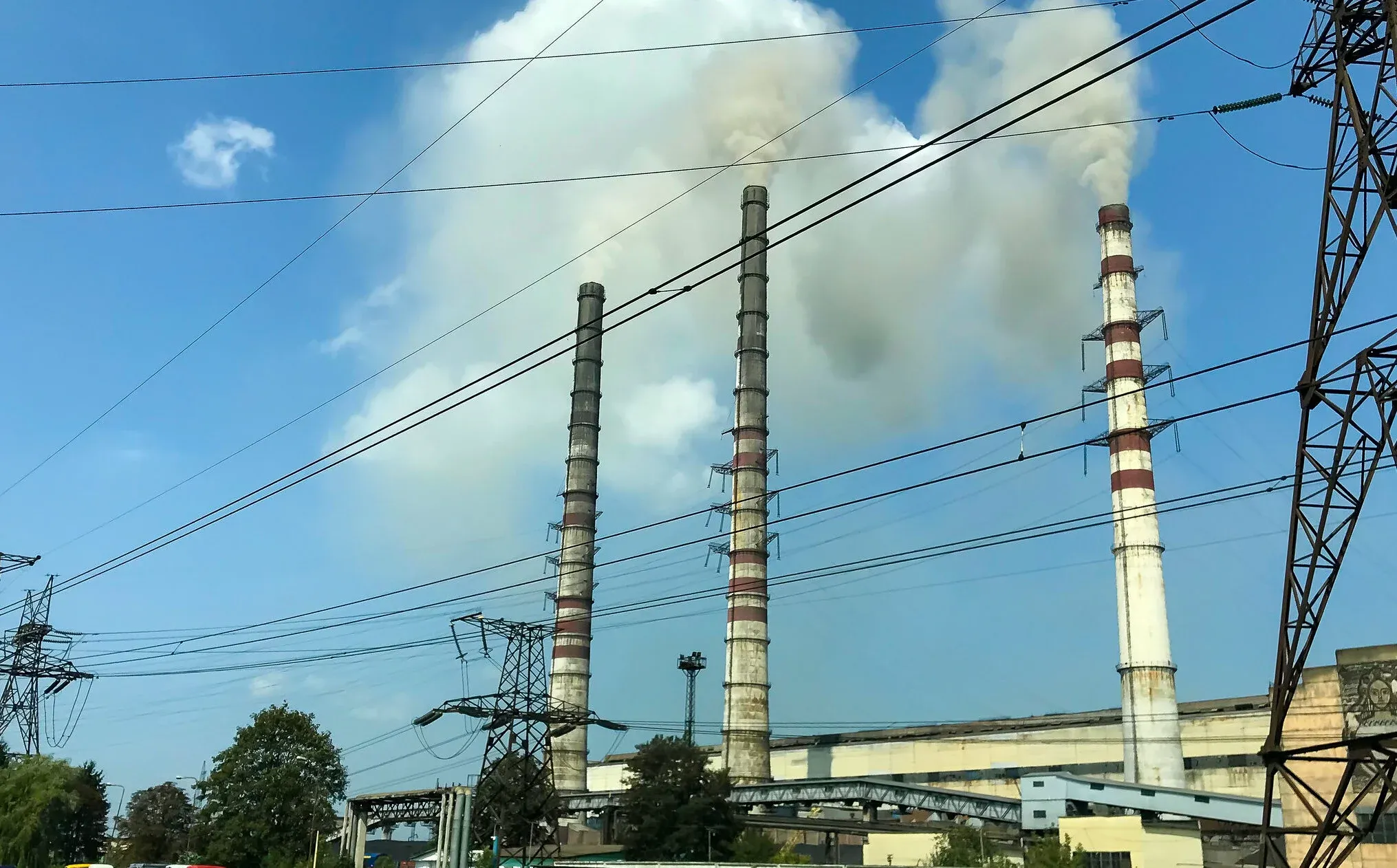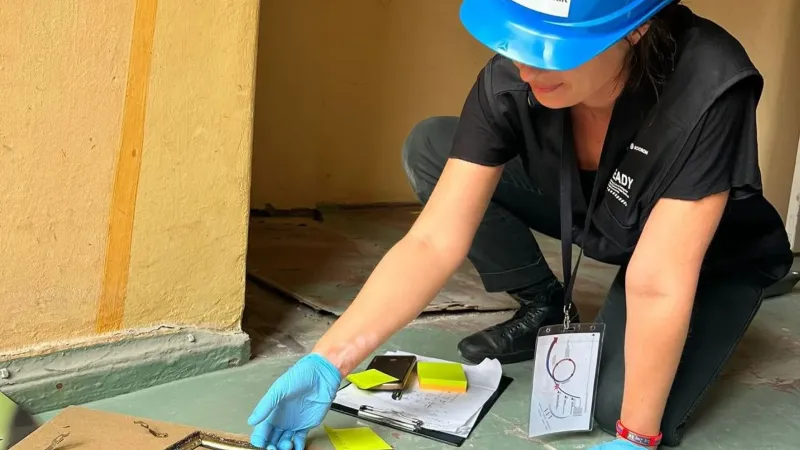
După doi ani, sincronizarea rețelelor electrice ale Ucrainei și Moldovei continuă să asigure stabilitatea energetică
Acum doi ani, rețelele electrice ale Ucrainei și Republicii Moldova au fost sincronizate cu succes cu rețeaua europeană. Inițiativa reprezintă încă un exemplu al sprijinului imediat al Uniunii Europene oferit Moldovei și Ucrainei în contextul invaziei Rusiei. Sincronizarea a fost crucială pentru menținerea operațională atât a rețelei ucrainene, cât și a celei moldovenești după atacurile implacabile ale Rusiei îndreptate împotriva aprovizionării cu electricitate a Ucrainei.
Comisarul pentru Energie, Kadri Simson, a menționat: „Sincronizarea rețelelor acum doi ani nu a fost doar o realizare foarte importantă pentru asigurarea aprovizionării cu energie pentru Ucraina și Moldova. A fost și un puternic simbol politic al sprijinului nostru, iar acest lucru rămâne valabil și astăzi.”
Președintele Operatorilor Sistemului European de Transmisie pentru Electricitate (ENTSO-E), Zbyněk Boldiš, a declarat: „Sincronizarea este un act de solidaritate al rețelei europene a operatorilor de sisteme de transport de energie electrică. A fost importantă pentru Ucraina și Moldova, întrucât i-a ajutat să-și mențină sistemele electrice stabile în circumstanțe extrem de dificile.”
Cooperarea întru facilitarea integrării Moldovei pe piața energetică a UE a fost reiterată în câteva rânduri în cadrul întrunirilor Dialogului de Înalt Nivel UE-Moldova în sectorul energetic, în cadrul cărora sunt discutate sprijinul financiar al UE disponibil Moldovei în eforturile sale de a-și consolida și diversifica sistemul energetic, reformele în curs de desfășurare ale Moldovei, alinierea cadrului său legislativ la legislația energetică de bază a UE, în conformitate cu angajamentele sale în cadrul Comunității Energiei. Comisia a salutat progresul Moldovei până în prezent.
În scopul creșterii securității energetice a țării, a fost discutată posibilitatea creșterii capacității de import a energiei electrice din Rețeaua Continentală Europeană și creșterea capacității de flux invers a gazoductului transbalcanic. De asemenea, Republica Moldova și-a asumat angajamentul să accelereze dezvoltarea interconexiunilor electrice, cu accent pe construcția în timp util a liniilor electrice aeriene de 400 kV Vulcănești-Chișinău și Bălți-Suceava și să avanseze cu cea de-a treia interconectare Strășeni de 400 kV. Totodată, Moldova va explora posibilitatea de a propune interconectarea 400 kV Bălți-Suceava pentru lista UE de proiecte de interes reciproc, precum și a treia linie electrică.
În același timp, Comisia Europeană și-a reiterat angajamentul de a sprijini Republica Moldova în continuarea reformelor din sectorul energetic și în dezvoltarea infrastructurii sale energetice, inclusiv prin solicitarea de a aloca până la 10 milioane de euro Fondului pentru Eficiență Energetică Rezidențială în primul an de funcționare a acestuia și alte 3 milioane de euro pentru asistență tehnică Centrului Național pentru Energie Durabilă (CNED), care să devină atât punctul focal național pentru nevoile de eficiență energetică ale țării, inclusiv în sectorul rezidențial, cât și o instituție de încredere.
De asemenea, Comisia Europeană va sprijini Republica Moldova să ajungă la emisii „net-zero” până în 2050 prin extinderea procesului de electrificare, precum și eficientizarea sectorului energetic prin digitalizarea infrastructurii critice, optimizarea proceselor și valorificarea eficienței energetice, promovarea utilizării tehnologiilor verzi (stocare în baterii, pompe de căldură, contoare inteligente, utilizarea sporită a vehiculelor electrice etc.) și atragerea de finanțare în acest sector.
Resurse utile
EU energy relations with Ukraine and Moldova
Statement by Commissioner Simson on the synchronisation of Ukrainian and Moldovan Grids
Al 5-lea Dialog la nivel înalt UE-Moldova în sectorul energetic







